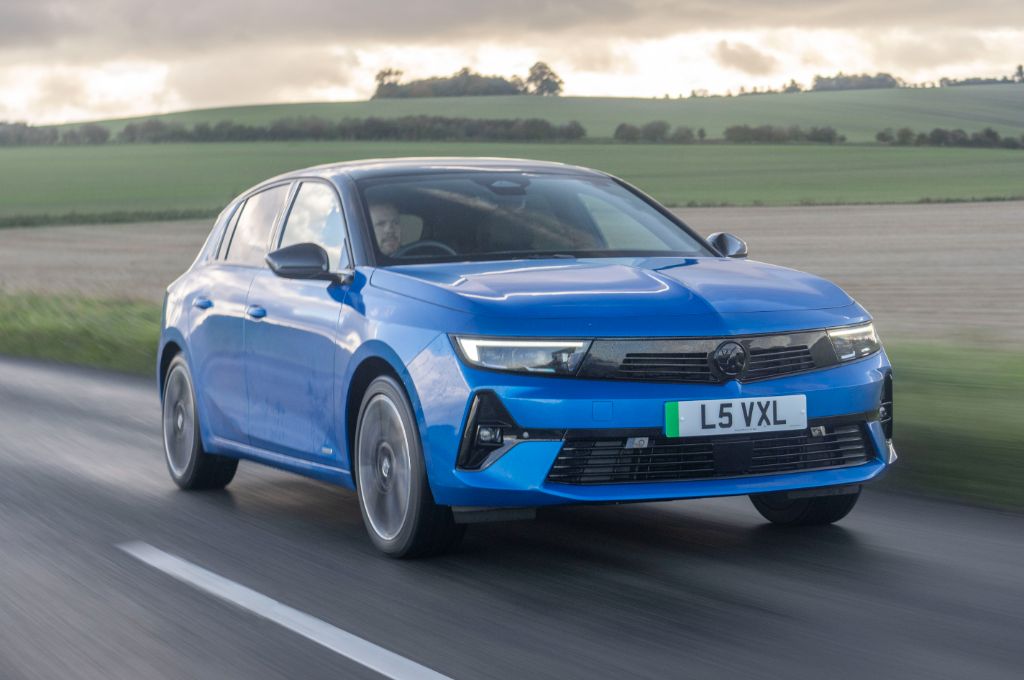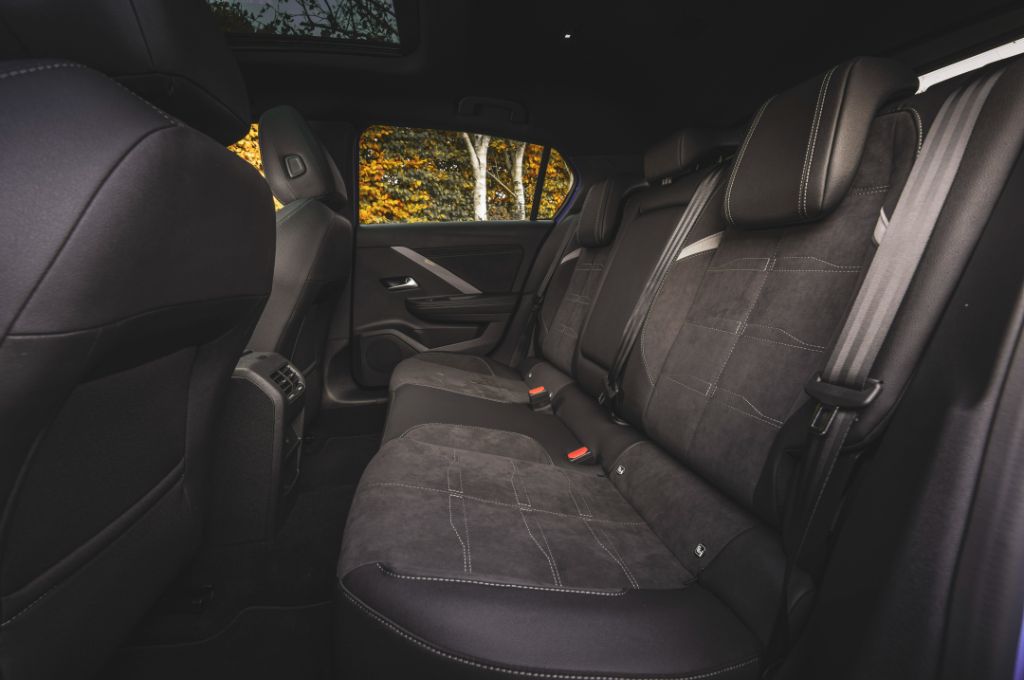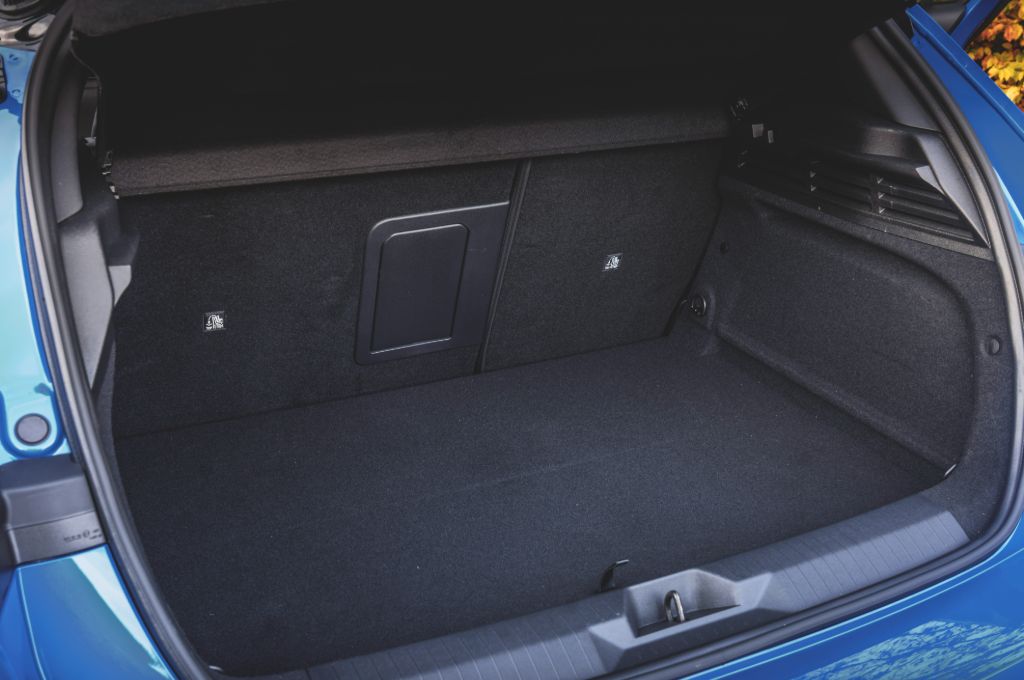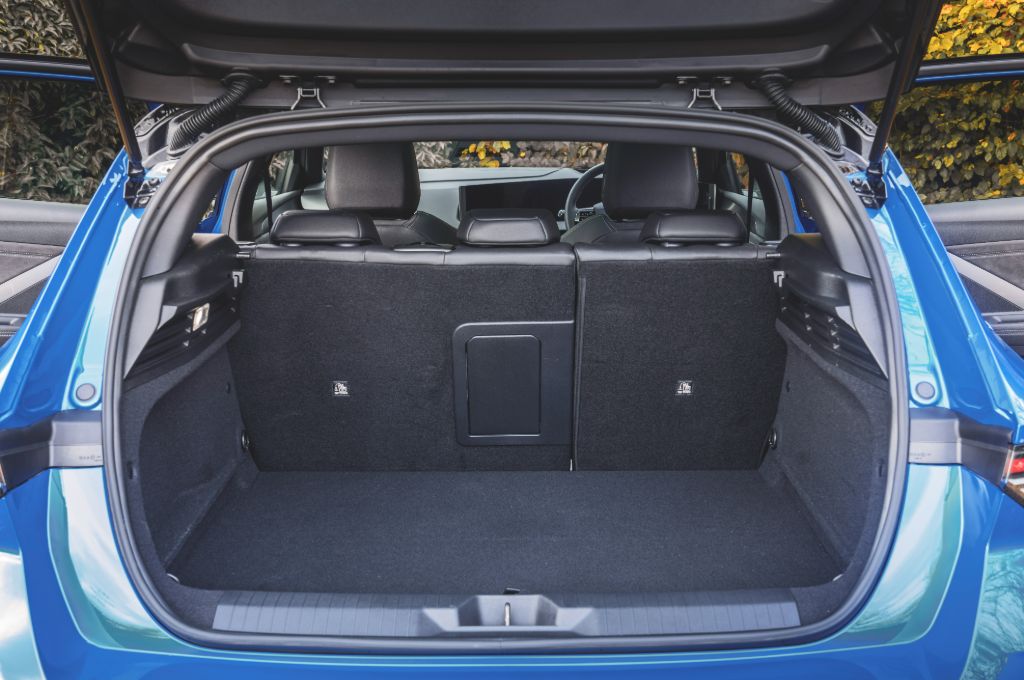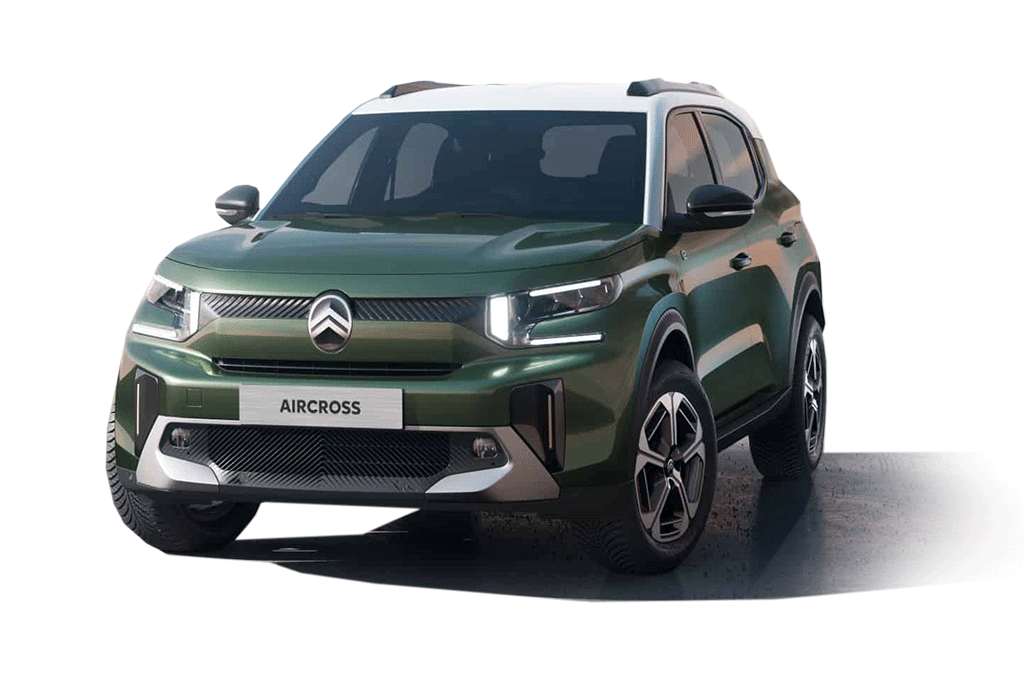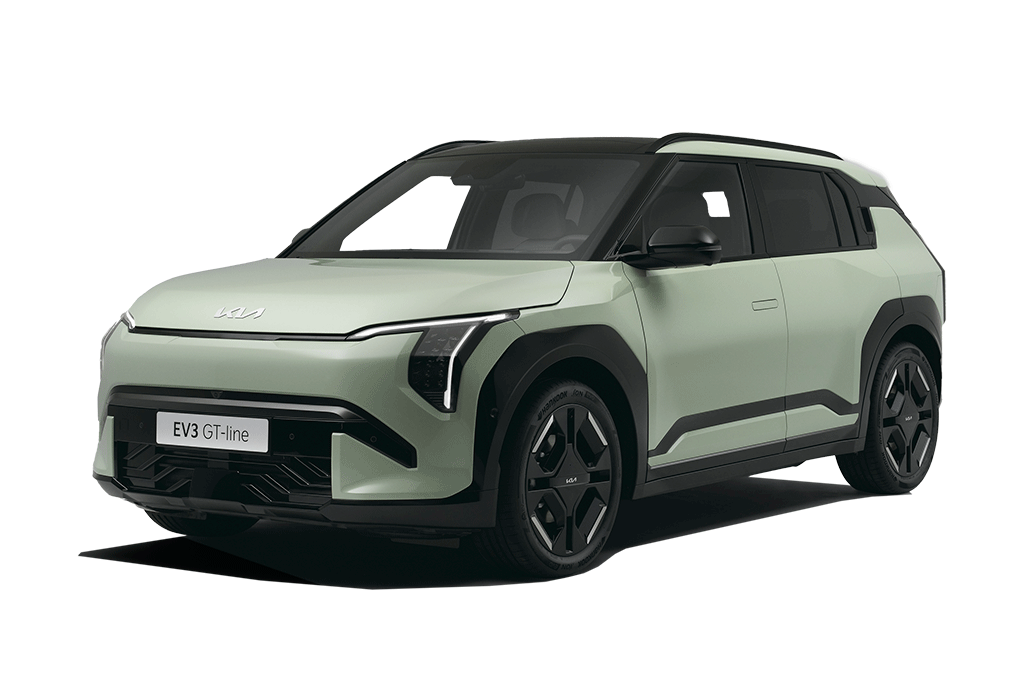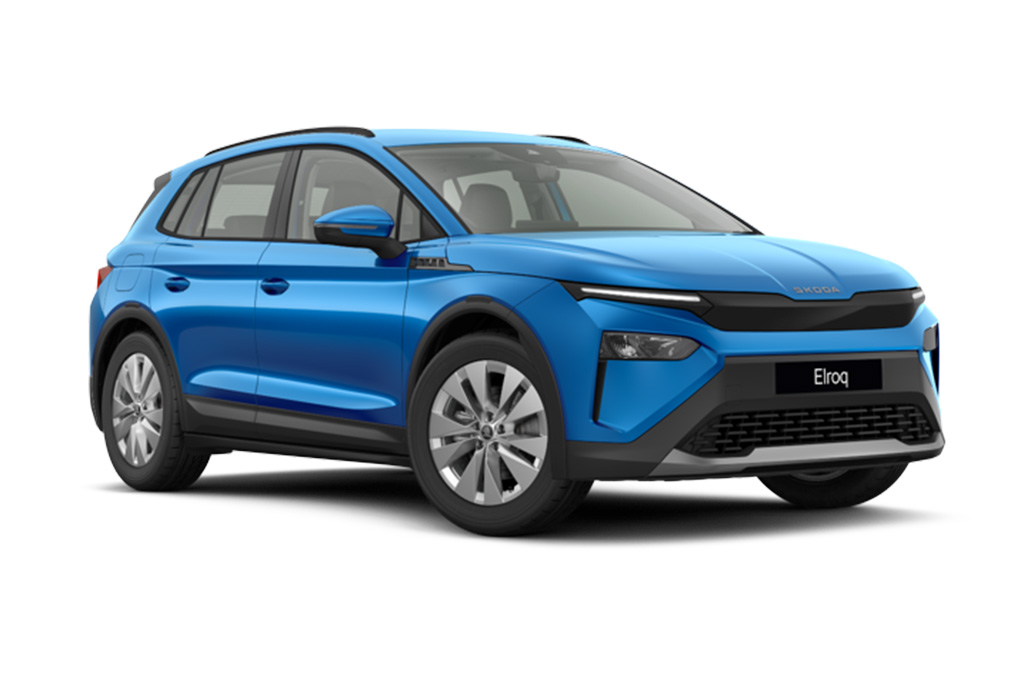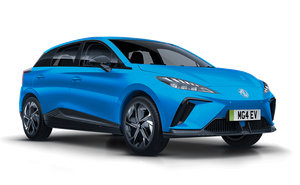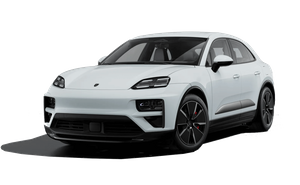On paper, the Vauxhall Astra Electric doesn't make a strong start. While arch rival VW and others developed electric cars specifically around the electric bits, Vauxhall electric models share their body with other powertrains - which results in a few compromises. Although slightly longer than the ID.3 at 4.37m, the Astra offers less space in the rear and has the smaller boot at 352 litres - which is also slightly smaller than an MG4 or Leaf and quite a lot less than a Kia EV3 and Ford Puma Gen-E.
But Vauxhall makes a virtue out of this normality and may lure in a more conservative clientele with a pleasantly conventional looking car. The Astra does not look or drive like a spaceship, and where you have to rethink many competitors because the operation works almost exclusively via touchscreen and sensor buttons, there are still enough switches and buttons for all important the basic functions around the dashboard "Pure" panel.
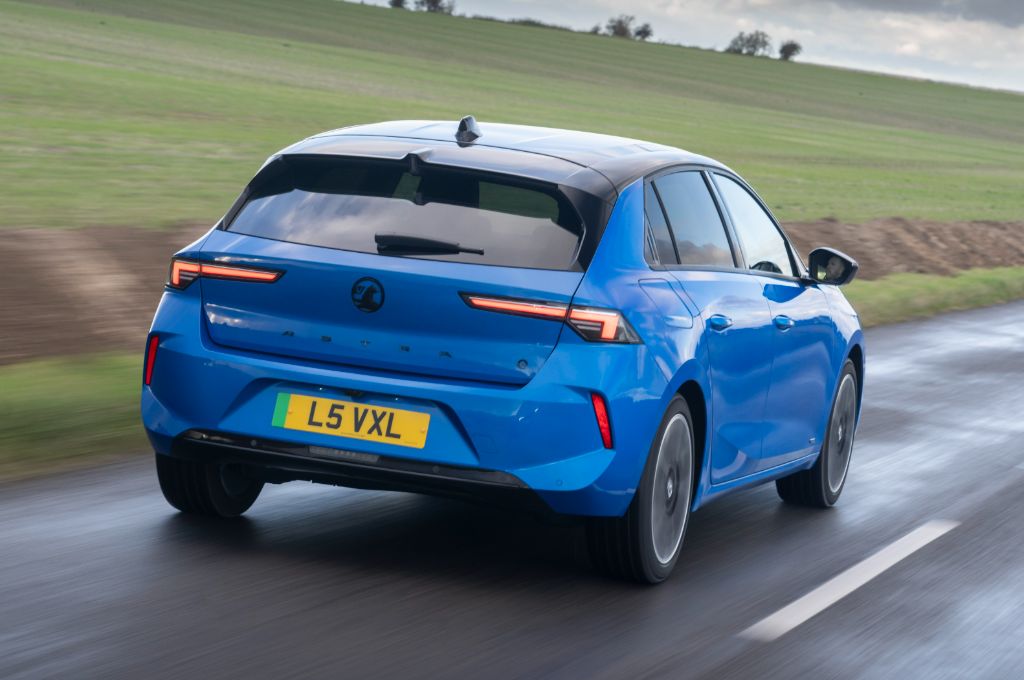
Range, Battery and Charging
Look at the spec sheet and the Astra's hand looks a little weak. The lithium-ion NMC battery is a measly 51kWh usable (or 54kWh total capacity) and you'll only be able to charge it at a maximum of 100kW.
It's the same powertrain we've already tried in the Jeep Avenger but in the sleeker Astra it results in a possible 258-miles of range according to the official figures. That means you be getting more than five miles for every kilowatt hour of power. That’s the same sort of efficiency as tiny city cars.
This is also partly due to a lower overall weight, energy-saving features such as a heat pump fitted as standard and smaller wheels than the competition. For some context, although the basic version of the ID.3 has a 58 kWh battery, its range is just seven miles longer, so you can see how efficient the Astra is. And while it may not charge as quickly as some rivals, a powerful enough rapid charger, you should see a 10- to 80% charge in around half an hour. If you do want a longer range, then check out the Kia EV3, MG4 or Cupra Born.
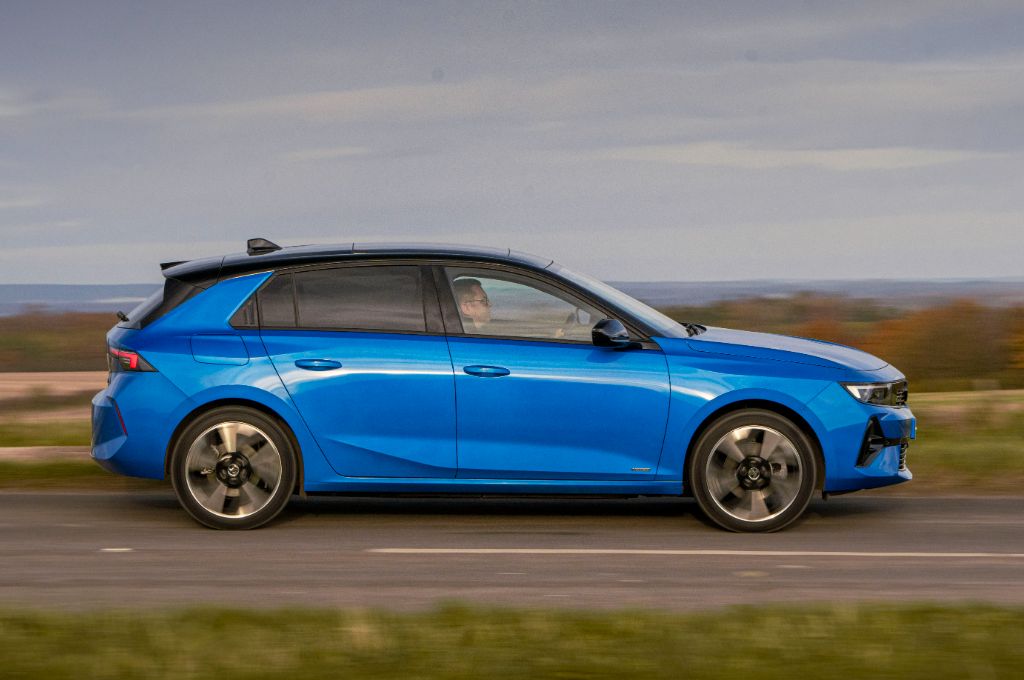
Interior, Design and Technology
The Astra might not have the biggest interior - especially in the back - but the driver gets a treat. The seat is super-comfy, and has been certified by the German Campaign For Healthier Backs no less. Our larger-proportioned testers found them perfect, while the more slight drivers on the team found them too hard.
Talking of rear ends, the boot on the hatch isn’t massive at 352-litres, but there’s a twist here; you can get the Astra as a Sports Tourer estate, which you can read all about right here.
Most of the expected tech is there. Two 10-inch displays make up Vauxhall’s Pure Panel screens and there's a head-up display on the more expensive version. You get voice recognition, loads of driver assistance systems and the usual app to control charging and pre-conditioning the car on particularly hot or cold days too.
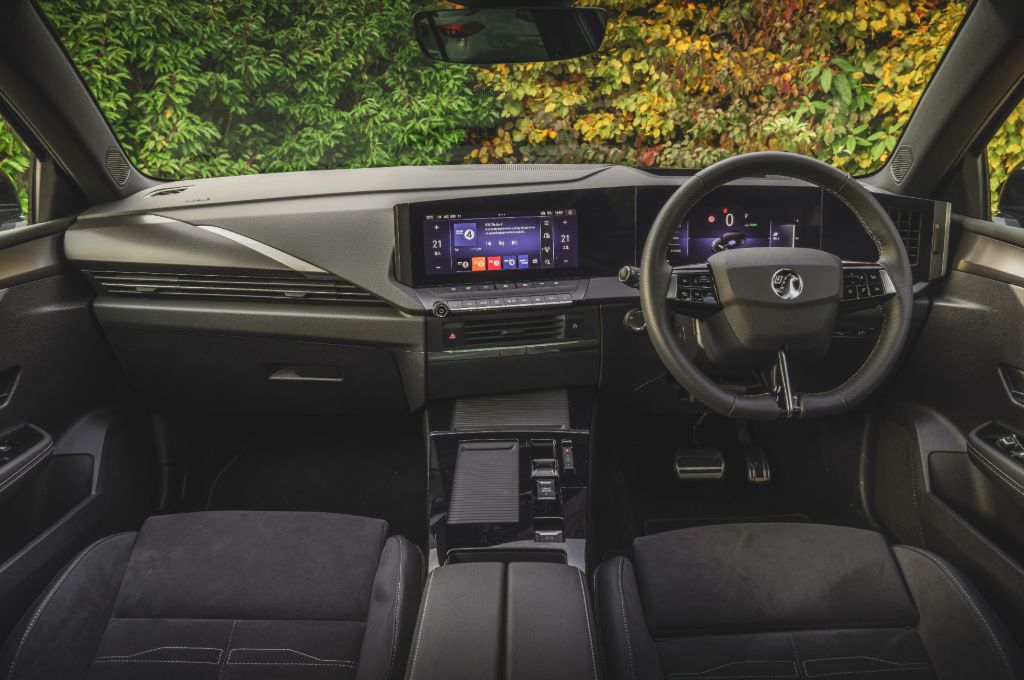
There's also wireless charging, front and back parking sensors, voice-activated sat-nav… it’s pretty well-equipped, especially in the Ultimate grade.
It also has insulation for peace and quiet when traveling and elaborate air purification - perfect if you are a hay-fever sufferer. Only when it comes to navigation does the Astra feel like a let-down. Although the system knows how long the battery lasts and warns you to stop to charge on long journeys, the driver has to use an app to see where to plug in. The competitors are more sophisticated.
Fancy a used electric Vauxhall? Check out the classifieds on Electrifying.com
Motors, Performance and Handling
The drive is another area where the Astra manages to raise itself above what the figures would suggest. It has one motor that drives the front wheels and it gets just 154bhp. That’s quite a lot less than most of the rivals. The ID.3, Born, Kia and MG for example all have 201bhp. The Renault Megane has 217bhp – that’s 40% more.
That results in a 0-62mph time of 9.3 seconds, which is quite sedate for an electric car, but the Astra still feels pokey enough in real world use as it has plenty of torque to get it sharply off the line. It doesn't feel slow, actually, until you're up to motorway speeds when it can feel a bit gutless if you're on a long, uphill stretch. It's comfortable, too, the electric Astra. You do notice bigger bumps and undulations in the road surface, but it's generally nicely settled and feels confident and calm. You should definitely check out the Cupra Born, MG4 or Renault Megane E-Tech if you want a sportier electric family hatchback, as the Astra certainly isn't an enthusiast's car. But it does the job well, and it'll soothe you through those tedious commutes and rushed school runs.
We would like more variable brake regen' though. The Astra only has a mild brake regen' as standard, or you can make it a bit stronger in 'B' mode. There's no one-pedal mode, nor adaptive regen' like you get on the Kia EV3.
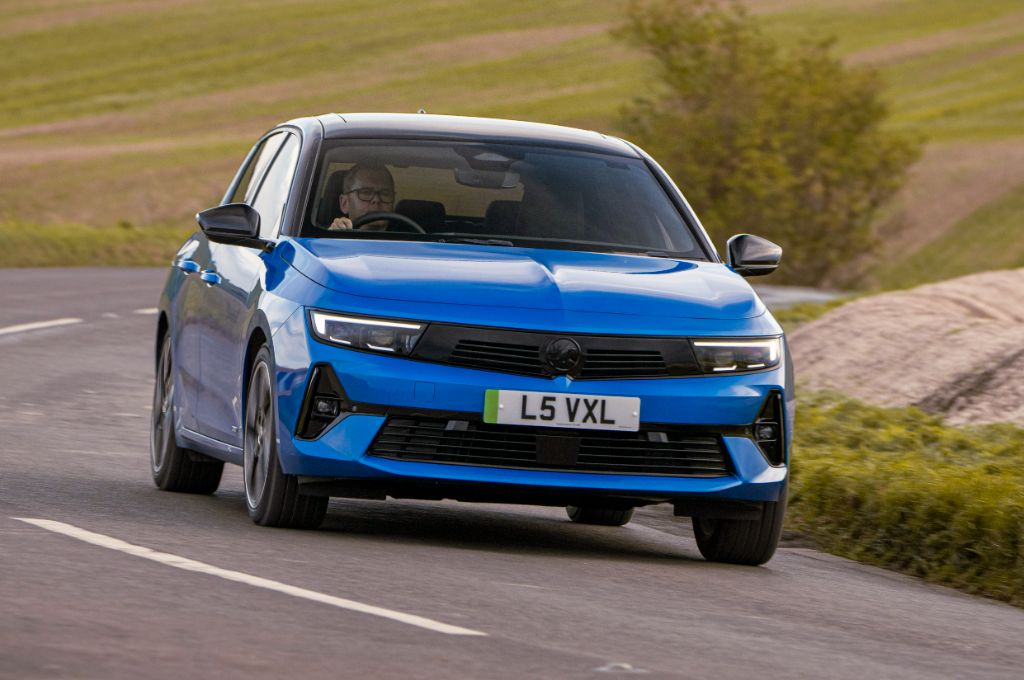
Running Costs and Pricing
The Astra is not the cheapest option in the electric family car class - let's put it that way. It's quite a lot more tempting now that it was when it was launched in 2023, as Vauxhall has dropped prices substantially. But you can still get an MG4 for much less, or a Kia EV3 with a much longer range for a similar amount of money, so the Astra does struggle to justify itself. Nonetheless, the entry-level Vauxhall Astra Griffin gets a lot of the key equipment you want including parking sensors and adaptive cruise control, while mid-spec Design adds bigger wheels, heated seats and a few other choice extras. GS brings a sportier look, ambient cabin lighting and sports seats, while top-spec Ultimate gets a contrast roof, part-velour upholstery and head-up display. All cost below £40,000 - even if you add optional metallic paint - so avoid the premium car tax.
It'll be cheap to run, though, the electric Astra. A full charge at home will cost under £13 on a standard domestic tariff, or you can cut that to as little as £4 if you use a cheap, off-peak tariff.
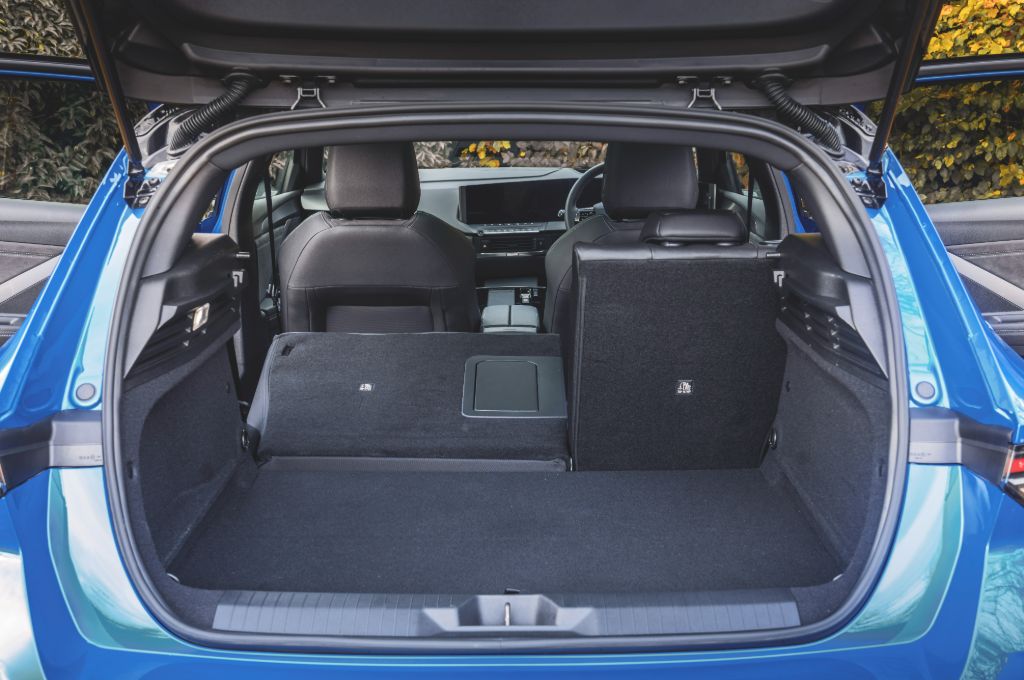
Verdict
We were pleasantly surprised by the Astra's efficiency, and that's still a real bonus even with so many newer rivals now crowding the market. But the Astra is compromised in other areas, with less space for passengers and luggage than most rivals, and with prices that are a bit hard to justify for retail buyers. It's one of those cars that will do the job really well, provided you don't want a really long-range electric car, so if you can find a great finance or lease deal then the Astra Electric will be a hard-working, easygoing family car.














